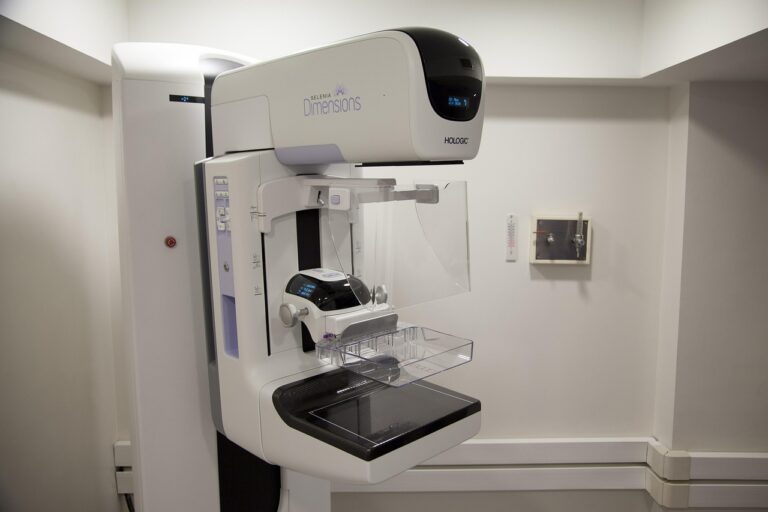Book Appointment Now

The Role of Advanced Practice Nurses in Bridging Healthcare Gaps
Healthcare disparities pose significant challenges globally, particularly in underserved communities. Advanced practice nurses (APNs), including nurse practitioners (NPs) and clinical nurse specialists (CNSs), play an essential role in mitigating these inequities. Through their advanced training and holistic care approach, APNs help bridge healthcare gaps and improve outcomes for vulnerable populations (Auerbach et al., 2018).
Advanced Practice Nurses: Catalysts for Change in Underserved Areas
Underserved communities or vulnerable populations face provider shortages, geographic isolation, and socioeconomic barriers, leading to unmet healthcare needs. Advanced practice nurses, particularly NPs and CNSs, are critical in addressing these challenges by extending the reach of healthcare services to marginalized populations.
NPs deliver primary care services such as managing chronic conditions, treating acute illnesses, and promoting preventive health measures (Martsolf et al., 2017). For example, they often serve as the sole providers in rural areas where physician shortages are prevalent. Similarly, CNSs focus on systemic improvements, using evidence-based practices to enhance care quality and address organizational barriers (Bryant-Lukosius et al., 2016). This dual approach allows APNs to address both individual and community health needs effectively.
Expanding Access Through Primary and Preventive Care
Preventive care is a vital strategy for reducing healthcare disparities, and APNs are at the forefront of these efforts. NPs frequently serve as primary healthcare providers in areas lacking sufficient medical infrastructure, conducting screenings, administering vaccines, and educating patients on chronic disease management (Buerhaus et al., 2015).
CNSs contribute to preventive care by developing and implementing community-level health programs that tackle systemic barriers. For instance, initiatives to increase access to cancer screenings or manage hypertension in medically underserved areas are often led by CNSs (Stolee et al., 2019). These combined efforts by APNs lead to significant reductions in preventable illnesses and improvements in public health outcomes.
Grab a 100% custom nursing paper about the role of Advanced Practice Nurses (APNs) in mitigating healthcare disparities
Nursing Essay Help
Delivering Culturally Competent and Patient-Centered Care
Diverse underserved communities often have unique cultural, linguistic, and socioeconomic needs. Advanced practice nurses excel in delivering culturally competent care that respects these differences. For example, NPs frequently build strong patient-provider relationships, fostering trust and ensuring adherence to treatment plans, especially in populations with historical mistrust of healthcare systems (Phillips, 2020).
CNSs address cultural competence at the organizational level, training healthcare teams to provide inclusive and equitable care. Research shows that culturally tailored interventions lead to better patient outcomes and higher satisfaction rates (Betancourt et al., 2016). By integrating cultural competence into care delivery, APNs significantly enhance the quality and accessibility of healthcare in underserved areas.
Improving Health Outcomes Through Advocacy and Policy
Beyond direct care, APNs influence healthcare policy and advocacy efforts to address systemic inequities. NPs frequently advocate for expanded scope-of-practice laws, enabling them to provide care independently in underserved areas (Barnes et al., 2017). CNSs play a pivotal role in designing and evaluating healthcare policies that target social determinants of health, such as housing, education, and access to nutritious food (Poghosyan et al., 2018).
By combining clinical expertise with advocacy, APNs ensure that underserved populations benefit from policies that address the root causes of health disparities. This dual focus on care and systemic change makes their contributions invaluable in bridging healthcare gaps.
Advanced practice nurses, including nurse practitioners and clinical nurse specialists, are vital to addressing healthcare disparities in underserved communities. By delivering primary care, championing prevention, promoting cultural competence, and advocating for policy change, APNs help bridge the gaps in healthcare access and equity (Auerbach et al., 2018). Their multifaceted role ensures that vulnerable populations receive the care they need, fostering healthier communities and a more equitable healthcare system.
References
- Auerbach, D. I., Staiger, D. O., & Buerhaus, P. I. (2018). Nurse practitioners and their effects on health care delivery. Medical Care Research and Review, 75(1), 3-17.
- Barnes, H., Richards, M. R., McHugh, M. D., & Martsolf, G. (2017). Rural and nonrural primary care physician practices increasingly rely on nurse practitioners. Health Affairs, 37(6), 908-914.
- Betancourt, J. R., Green, A. R., & Carrillo, J. E. (2016). Cultural competence in health care: Emerging frameworks and practical approaches. The Commonwealth Fund.
- Bryant-Lukosius, D., Carter, N., Reid, K., Donald, F., Martin-Misener, R., & Kaasalainen, S. (2016). The clinical nurse specialist role in Canada. Nursing Leadership, 29(2), 78-88.
- Buerhaus, P. I., DesRoches, C., Dittus, R., & Donelan, K. (2015). Practice characteristics of primary care nurse practitioners and physicians. Nursing Outlook, 63(2), 144-153.
- Martsolf, G. R., Auerbach, D. I., Arifkhanova, A., & Gordon, T. (2017). Examining how nurse practitioners are redefining primary care. The Journal of Ambulatory Care Management, 40(3), 194-202.
- Phillips, S. J. (2020). The 2020 annual report of the NP scope of practice legislation. The Nurse Practitioner, 45(1), 9-19.
- Poghosyan, L., Liu, J., Shang, J., & D’Aunno, T. (2018). Practice environments and job satisfaction among nurse practitioners: The mediating role of quality of care. Journal of Nursing Administration, 48(5), 290-297.
- Stolee, P., Hillier, L. M., Esbaugh, J., Bol, N., McKellar, L., & Keat, N. (2019). Enhancing continuity in community-based healthcare for older adults: Developing the “connecting care” program. Canadian Journal on Aging, 28(2), 127-139







